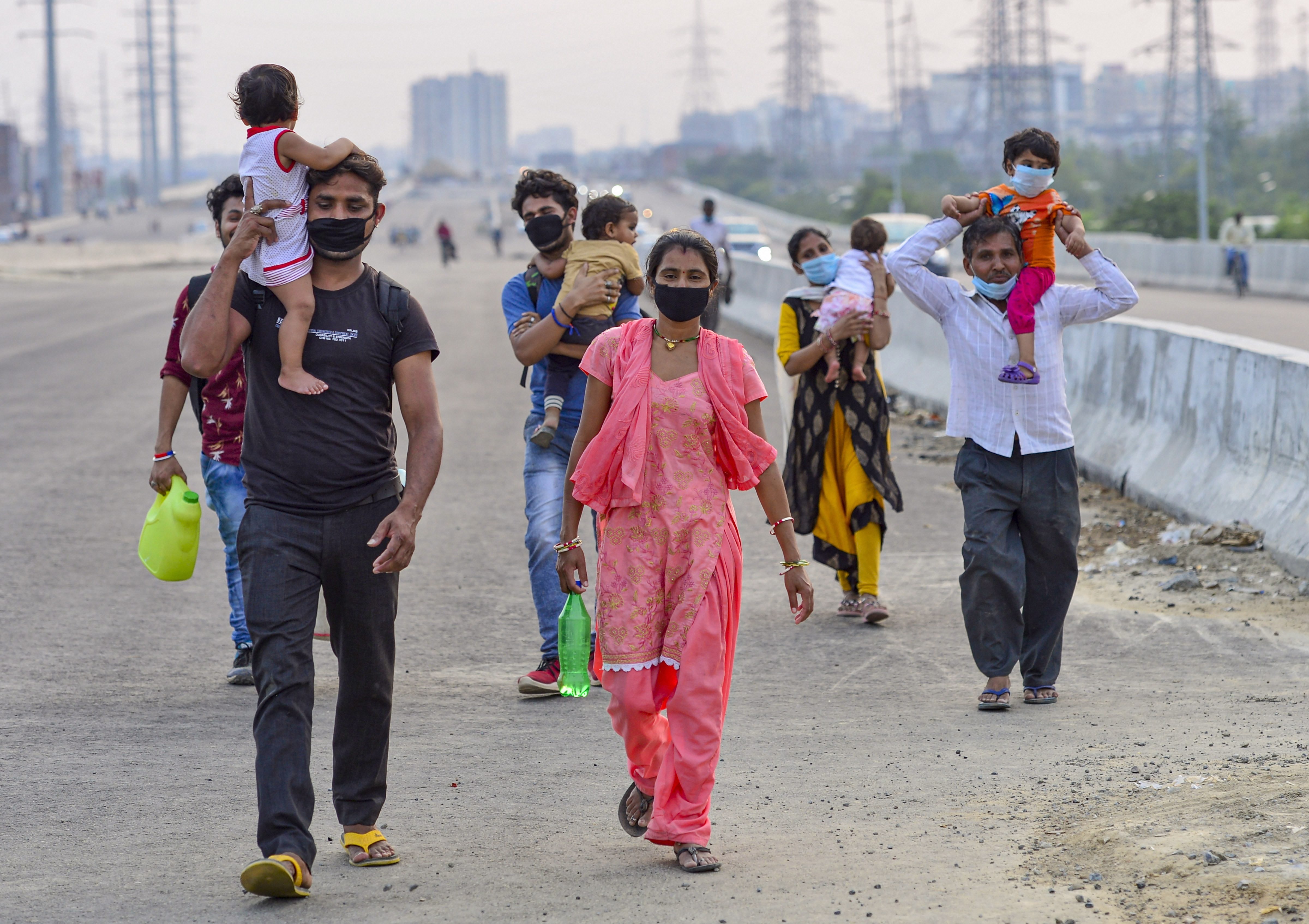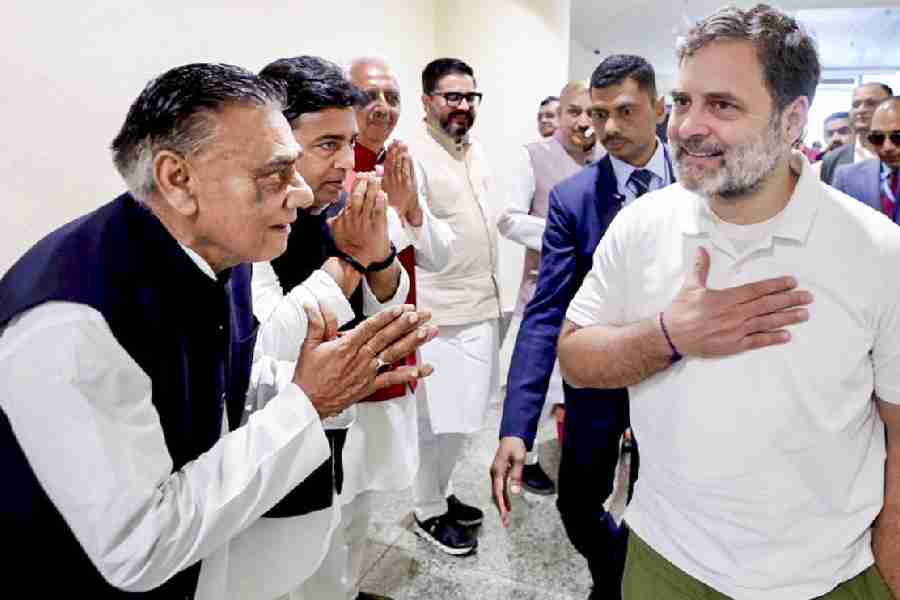Labour laws are meant to protect the rights of workers while ensuring a fair deal for employers. In India, many of the existing labour laws are too stringent in their endeavour to protect the rights of workers. In the absence of a social security net, lawmakers push the burden of protection on to the employers. Overly strict laws encourage opportunistic behaviour. Most employers are thus tempted to circumvent these laws by not disclosing accurately the number of registered workers and choosing to offer informal contracts. Over the years, the powers of trade unions have eroded, and hiring and firing of workers have become easier.
The lockdown in response to the coronavirus pandemic has revealed the underbelly of the labour market. Inter-state migrant workers sans rights and privileges have been left shamefully in the lurch. Migrants, thousands of them, are understandably desperate to return home. The Karnataka government, apparently after discussions with builders’ associations, initially refused to facilitate the passage of trains. This unwise decision was revised later. However, it reflected the fact that while employers are heavily dependent on migrants as a source of abundant and cheap labour, they are unwilling to look after their needs in a crisis. Evidence of apathy continues to pour in. In this climate of economic despair, the state governments of Uttar Pradesh and Madhya Pradesh announced worrying changes to labour laws so that producers and investors can reduce their costs and have more flexibility. Goa and Odisha, too, have expressed similar intentions. The suspension of the laws will help managers and owners make workers work for much longer hours. The UP government has already approved the ordinance. There are four laws that will continue to hold — the Building and Other Construction Workers Act, Workmen’s Compensation Act, Bonded Labour System (Abolition) Act and Section 5 of the Payment of Wages Act. All other laws pertaining to industrial disputes, workers’ health and safety, including working conditions, will be suspended. Also suspended are laws relating to trade unions, contract workers and migrant workers. This ordinance will be valid for existing as well as new businesses.
These ‘reforms’ would potentially open the road for unregulated exploitation of workers in the name of economic recovery. In the absence of a universal social security net, this would be a social disaster. There are two reasons behind this decision: reduction of costs of production and creating more employment opportunities at a time when unemployment is extremely high. However, there is no way of ensuring that investors will adopt labour-intensive technologies. Industry will try to minimize the size of the workforce in a post-Covid-19 economy. Unlike other economic reforms, labour market reforms are best conducted when the going is good and the economy is on a high. This is not the right time to implement such changes. The social costs will be substantially larger than the economic benefit.










